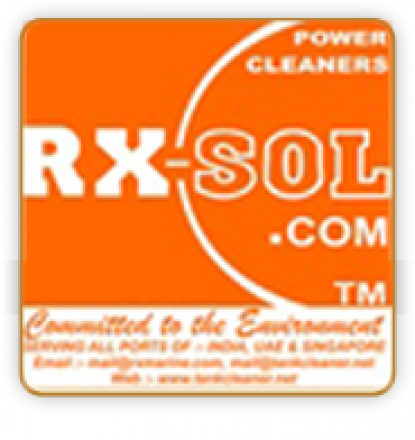Buffer Cleaner
Oman Chemical is leading one Largest Supplier, Manufacture a

Iodine 0.1 N: Weigh 40 g of potassium iodide (KI) in a 500 mL glass-stoppered flask and dissolve in 100 mL of purified water. Let the solution come to room temperature, add 12.7 g of resublimed iodine (I2), restopper the flask, and swirl the flask until the iodine is completely dissolved.
Standardization of 0.1 N Iodine Solution
Add 10 ml of sodium hydroxide solution (NaOH, 40 g/L), and swirl to dissolve. When solution is complete, add 100 mL of water and 10 ml of sulfuric acid (H2SO4, 1 + 35), and mix.
Dose for preparation of 1 litre of solution. Iodine in ... Iodine 0.5 mol/l (1 N) in aqueous solution AVS ... Iodine 0.05 mol/l (0.1 N) in aqueous solution.
Form liquid
Amount-of-substance concentration 0.04975 - 0.05025 mol/L
Measurement uncertainty ± 0.00015 mol/L
Traceability NIST SRM
The concentration is determined by volumetric titration and refers to 20°C.
The amount-of-substance concentration of this volumetric solution is determined with standardized sodium thiosulfate solution (article number 1.09147). The sodium thiosulfate solution is standardized and traceable to a primary standard reference material (SRM) from the National Institute of Standards and Technology, Gaithersburg, USA (NIST SRM 136 potassium dichromate) by means of volumetric standard potassium iodate (article number 1.02404), certified reference material according to ISO 17034, analyzed by our accredited calibration laboratory of Merck KGaA, Darmstadt, Germany according to DIN EN ISO/IEC 17025. The uncertainty is expressed as expanded measurement uncertainty with a coverage factor k=2 covering a confidence level of 95%.